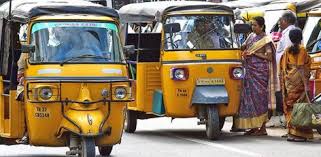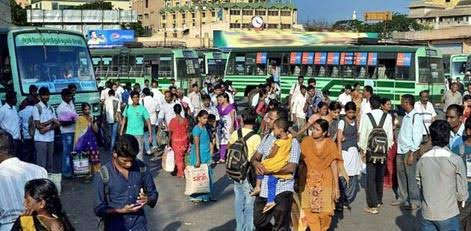Coastal cleanup of Kovalam beach, more than 60 kgs of plastic collected
Posted on: 20/Jul/2019 9:37:52 AM

It is well known that in the state of TN single use plastic has been banned from the month of January 2019. The shocking piece of news is in the recent coastal cleaning up activity of the popular Kovalam Beach, more than 60% of the 100 kg garbage collected was plastic. It is now said that the toxic plastic has once aging crawled back into use.
National Centre for Coastal Research or NCCR based scientists was involved in the clean- up activities of Kovalam Beach and they were shocked to see plastic. According to the scientists, plastic might have been used by the tourists and local resorts and they would have dumped the plastic. It is also revealed that portion of plastic waste might have been washed ashore. It must be noted that during the cleaning of 1sq km of the beach nearly 25 kg of the 60 kg of plastic waste were cups. This was according to Mr. Pravakar Mishra, scientist belonging to NCCR.
He later shed light on how during the awareness programmes fishermen have said about micro plastics in the gut of the fishes that they bring to the coast. The scientist hinted that a research is underway to study micro plastics in marine organisms.
Information gathered is apart from the banned plastic cups other plastic items that made their presence felt in the garbage cleaning up activity of Kovalam Beach were spoons, nylon ropes, bottle caps and straws. There were also non plastic items like broken glass bottles, sharp metallic objects etc. The NSS students of Presidency College, Chennai were involved in the beach cleaning-up activity. Mr. Mishra hinted that most of it was waste left by the tourists and liquor bottles and cups were dumped by resorts nearby.
It is important to note that the quantity of plastic found on the coast between the months of January and March is more as garbage filled Buckingham canal gets flooded and pushes the waste to sea post monsoon. To help the government frame National Marine Litter Policy, NCCR is involved in collecting data across the Indian coast. By this, disposal of waste into the sea could be curbed and regulated. For collecting the data from the coasts of TN, AP and Orissa, team of scientists from NCCR would start their voyage across Indian coast on board vessel Sagar Manjusha from 25th July.
NCCR scientist, Mr. Mishra spoke about how the team would collect water and sediment sample from the coast upto 10 km in the sea near estuaries and study the presence of plastics. The quantity of debris settled on the sea bed and those floating around would also be studied by the research team. Finally,he hinted that cleaning up activity would be done in 40 beaches in India in September.







